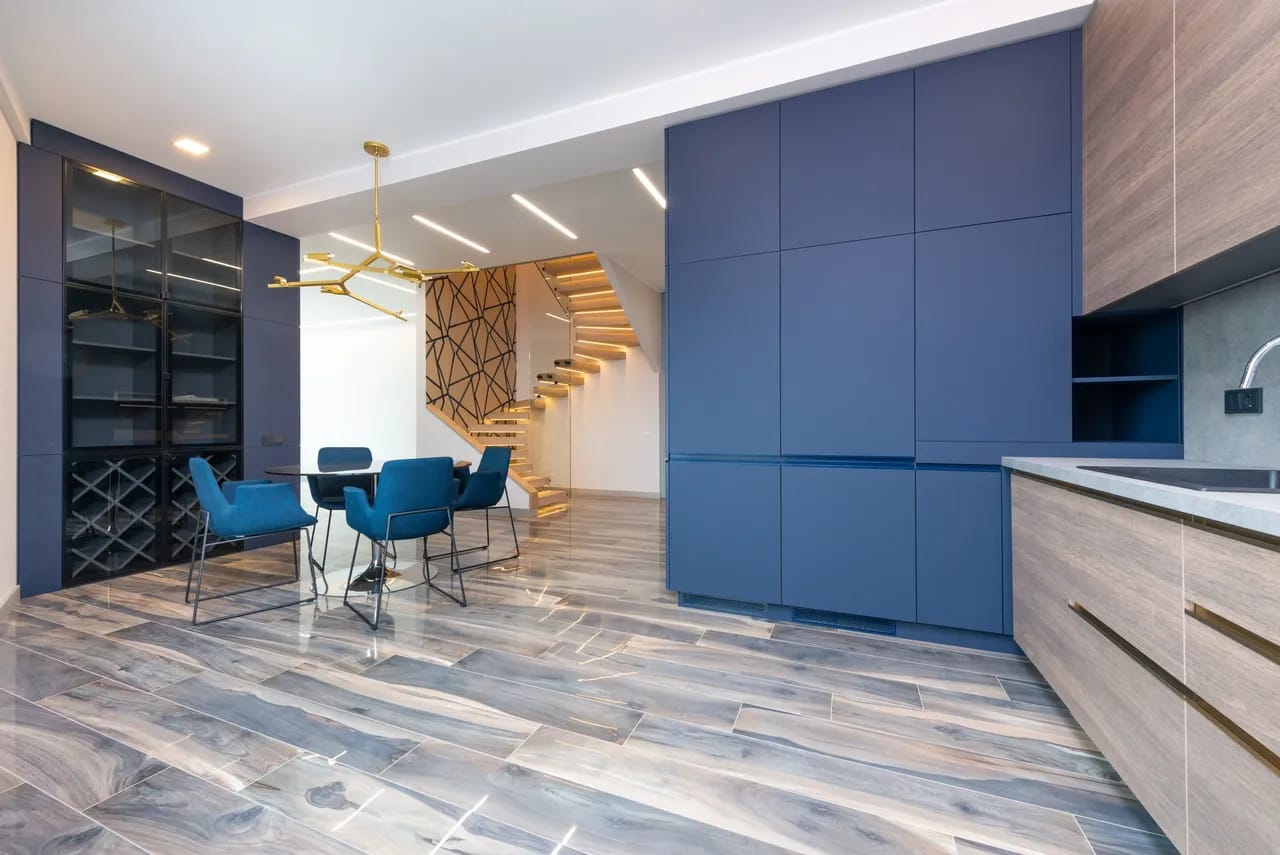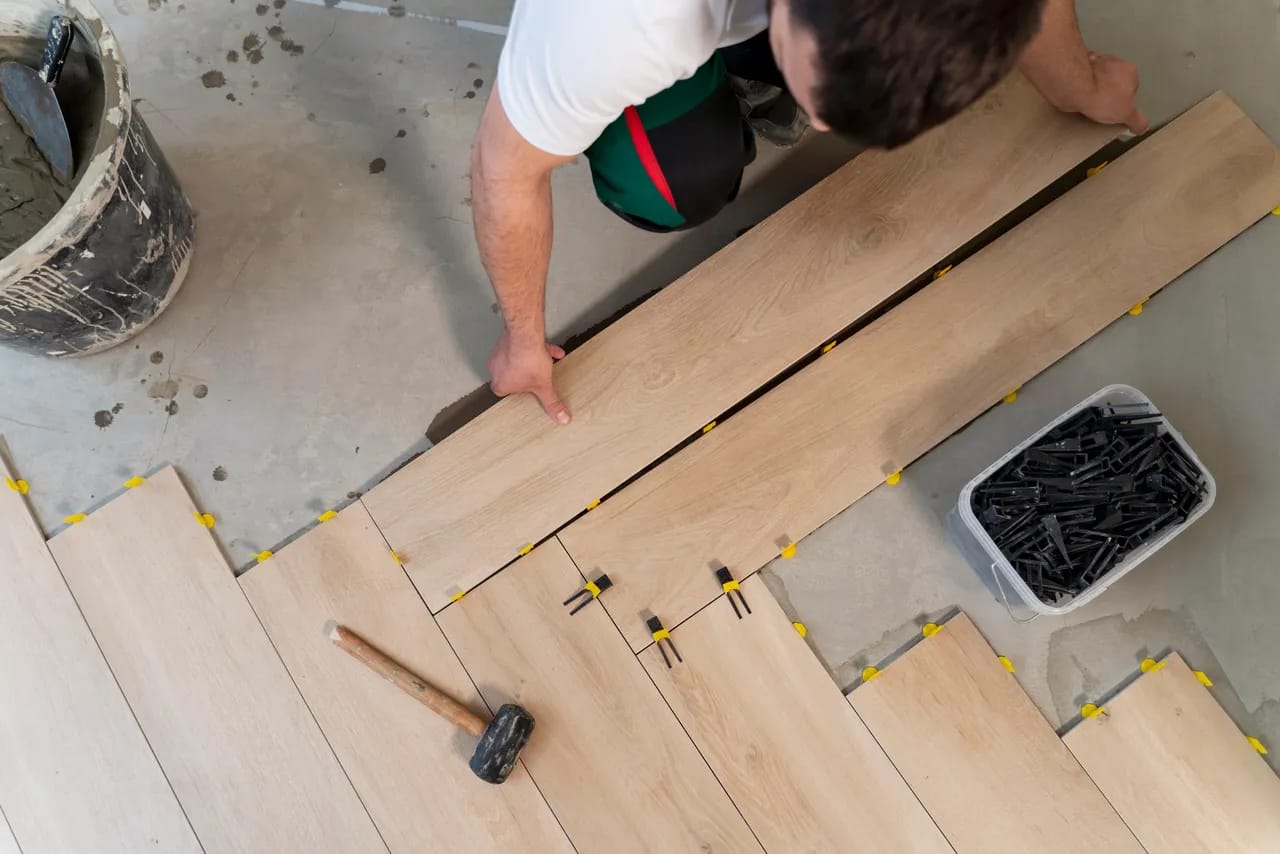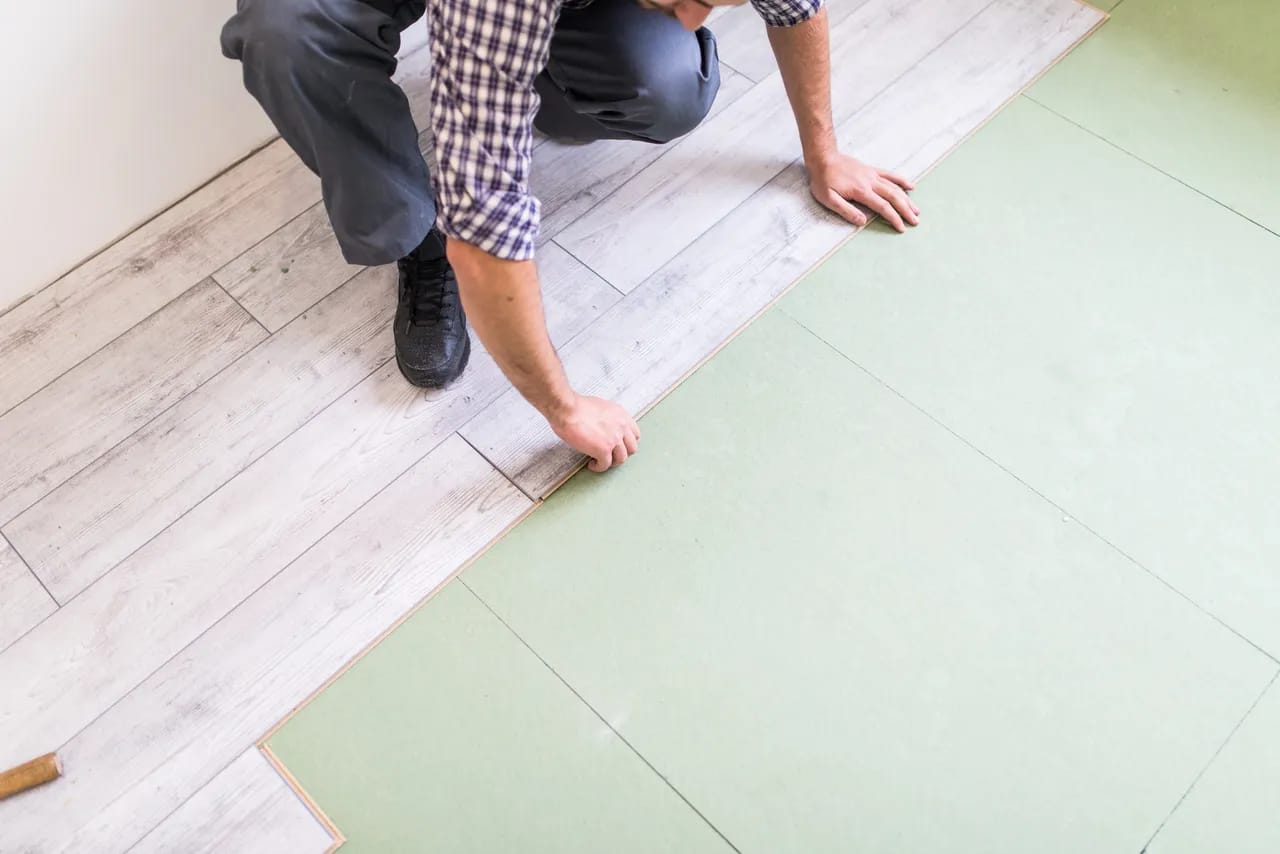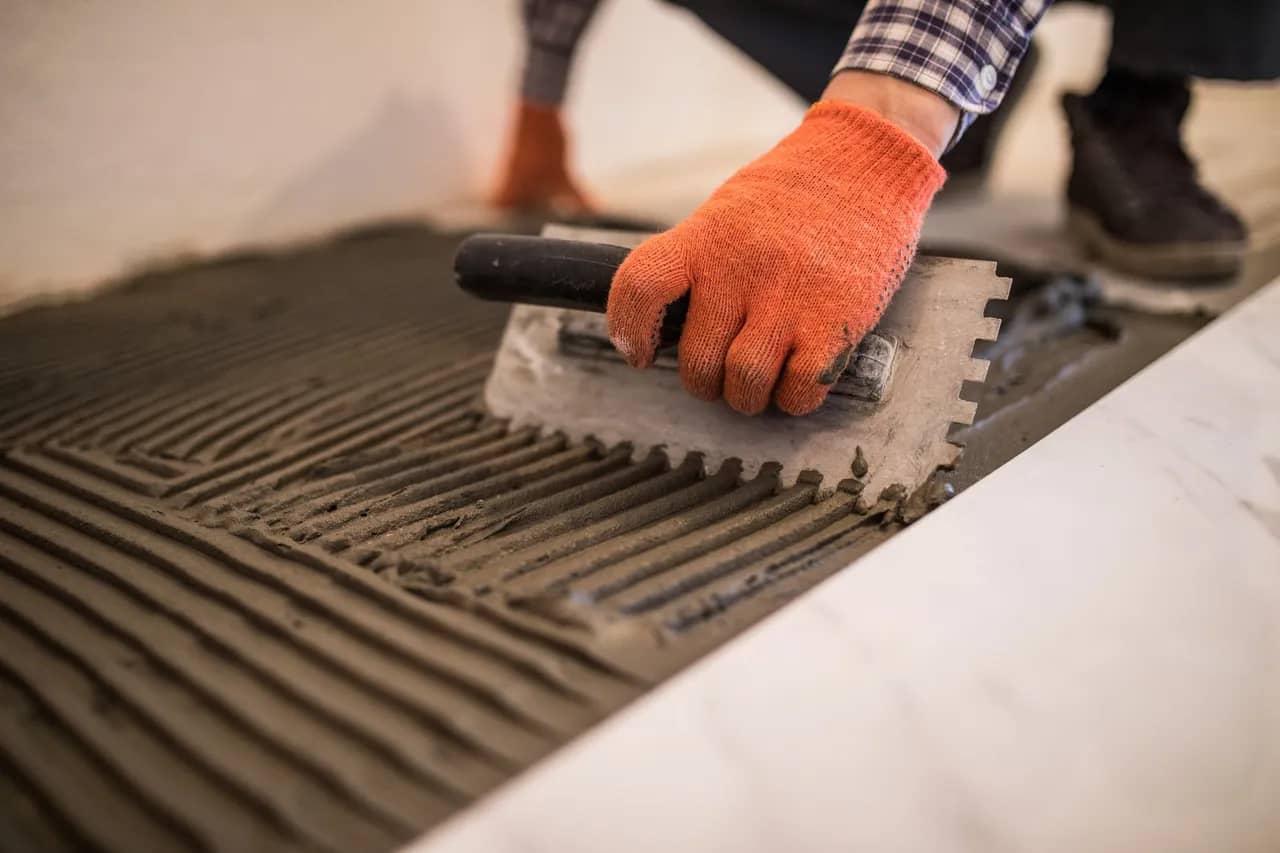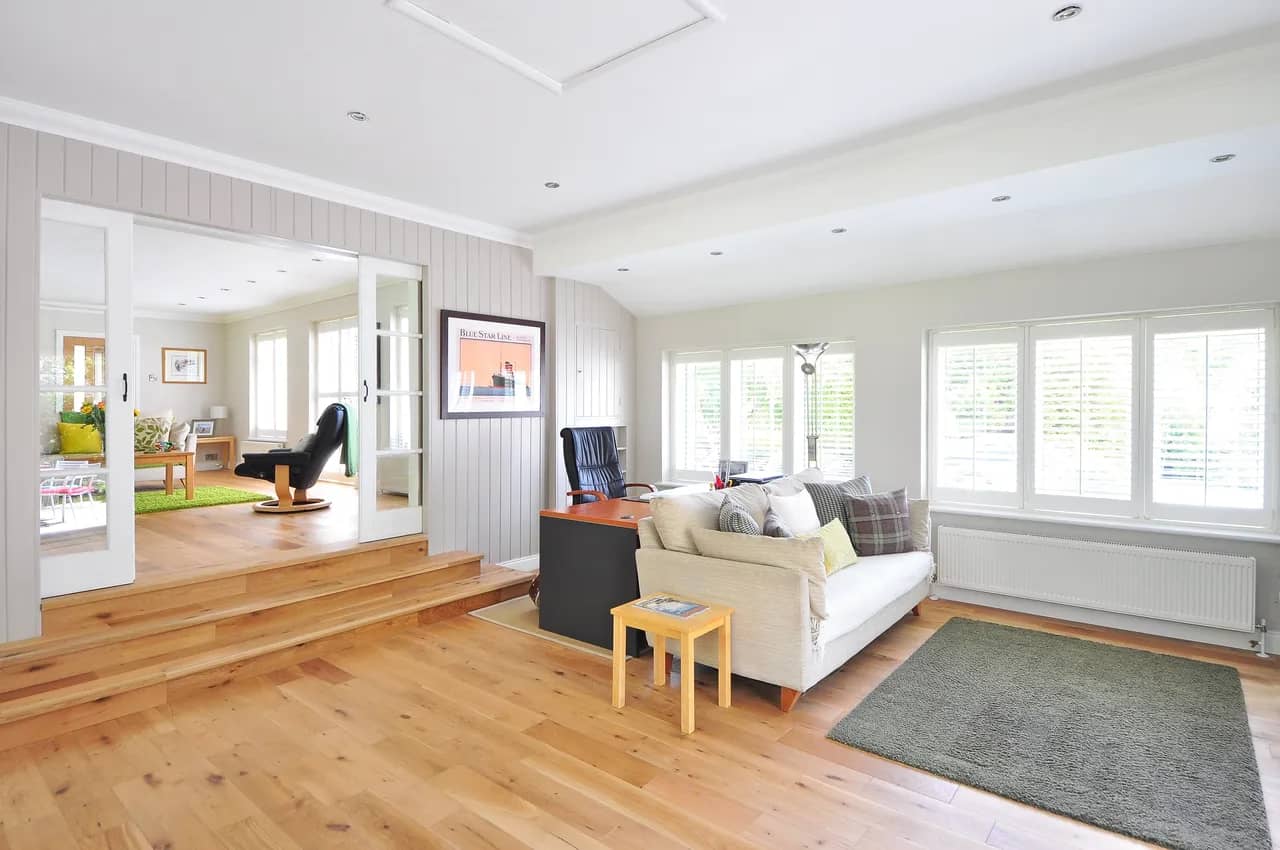The Ultimate Guide to Vancouver Flooring Costs in 2024
Are you looking for a stunning flooring transformation without breaking the bank? You, savvy homeowner in Vancouver, know that achieving the perfect balance between budget and beauty is the golden ticket to a home renovation dream come true. In 2024, the quest for affordable yet high-quality flooring options in Vancouver is more promising than ever. Join us on a journey through the realm of cost-effective flooring renovations, where ‘budget-friendly’ meets ‘style-worthy.’
From the allure of hardwood to the practicality of laminate, we’ll unravel the secrets of Vancouver’s flooring renovation landscape, revealing the best budget-friendly flooring options in Vancouver. Buckle up as we explore the realm of engineered wood, the charm of carpeting, and the eco-conscious allure of sustainable flooring choices—all tailored to suit your pocket without compromising on elegance.
Whether you’re intrigued by the resilience of vinyl or the timeless appeal of tiles, we’ve curated insights to help you navigate the maze of choices while keeping your renovation budget intact.
Let’s dive into 2024’s top-notch yet budget-savvy solutions, empowering you to craft the home of your dreams without breaking the bank.
Types of Flooring Materials
Vancouver’s flooring market in 2024 offers a rich array of options, each with its unique characteristics. Let’s explore some of the most popular options for your upcoming flooring renovation project and pros and cons of each:
- Hardwood Flooring: Renowned for its elegance and longevity, traditional hardwood flooring offers natural beauty but typically comes with a higher cost and requires more maintenance.
- Engineered Hardwood Flooring: Combining real wood veneer with layered construction for increased stability and resistance to moisture, engineered hardwood provides a hardwood aesthetic with enhanced durability, making it suitable for various environments.
- Laminate Flooring: Mimicking the look of hardwood at a fraction of the cost, laminate offers durability and easy maintenance, making it an attractive option for budget-conscious renovations.
- Tile Flooring: Known for its durability and versatility, tile flooring—be it ceramic, porcelain, or natural stone—presents a vast spectrum of designs and functionalities.
- Vinyl Flooring: With advancements in technology, vinyl has evolved into a resilient, cost-effective option, offering a wide range of styles including luxury vinyl tiles and planks.
- Cork Flooring: Praised for its sustainability and comfort, cork flooring provides a unique texture and warmth while being environmentally friendly and resistant to mold and mildew.
- Carpet Flooring: Embracing comfort and warmth, carpeting remains a popular choice, especially in colder climates, while also providing a diverse range of textures and colors.
Understanding Costs Involved in a Flooring Renovation Project
In order to successfully budget for any project, the first step is to understand the steps necessary to complete the project. Here is the list of steps that take place on a typical flooring renovation project:
1. Demolition, Recycling and Disposal
First step is removing the existing flooring and baseboards. Demolition and disposal costs vary depending on the type of existing flooring in place. Demolishing tiles is typically more expensive, as tiles take much longer to chip out and to even out the subfloor below from the remaining grout, whilst other types of flooring such as carpet, laminate, vinyl, cork, engineered hardwood, or hardwood are much quicker and cheaper to demolish.
For spaces larger than 1000sf, you can allow for $1 per square foot for demolition and disposal of existing flooring and baseboards. Cost of tile removal will be higher and will vary based on your project specifics.
2. Installing flooring underlay
Depending on your choice of flooring for your project, you may need to install flooring underlay. This is typical of laminate, vinyl, engineered and hardwood flooring. If you live in a multi-residential building, there may be Strata guidelines for underlay (llC and STC ratings) that you must adhere to. You can request this information from your Strata or property manager.
Flooring underlay typically costs $1 – $1.20 per square foot for supply, delivery and installation.
3. Flooring
The cost of your new flooring will be a combination of supply, delivery and installation costs, typically calculated on a per sqaure foot basis. Although, costs will vary based on your flooring type, size of the area and specification selected, here’s an average cost breakdown by flooring type:
Hardwood Flooring: Average Cost per Square Foot: $18/sf
Engineered Hardwood Flooring: Average Cost per Square Foot: $16/sf
Laminate Flooring: Average Cost per Square Foot: $8/sf
Tile Flooring: Average Cost per Square Foot: $23/sf
Vinyl Flooring: Average Cost per Square Foot: $8/sf
Cork Flooring: Average Cost per Square Foot: $12/sf
Carpet Flooring: Average Cost per Square Foot: $9/sf
4. Baseboards
With the exception of carpet, where baseboards are optional, most new floors will require baseboards to be installed. This is due to the fact that there typically are gaps between walls and flooring for most hard surface floors, which are then covered by baseboards. This is standard practice and no cause for concern.
You may opt to re-use your old baseboards or get new baseboards installed. New baseboards are fairly inexpensive, and since removal and re-installation of old baseboards does require a similar amount of labour, we typically recommend getting new baseboards to achieve optimal results from your flooring renovation.
Supply, delivery and installation of new baseboards cost approximately $4.20 per square foot for MDF baseboards. Though costs may vary for different profiles, heights and material.
Hidden Costs and Common Mistakes to Avoid
Although most flooring renovations are fairly straight-forward, there are a few potential hidden costs to be vary of, that could potentially impact your project.
Subfloor Issues
1. Moisture Damage:
Moisture infiltration into subfloors poses a considerable threat to flooring materials. Leaks, high humidity, or poor ventilation can lead to moisture accumulation, causing damage over time. Addressing moisture-related issues may involve installing moisture barriers or sealants, as well as repairing or replacing damaged subfloor sections, significantly impacting renovation costs, as well as duration.
2. Uneven Subfloors:
This is probably the most common hidden cost when it comes to flooring projects. We say hidden, because it’s often very difficult to determine whether or not subfloor is even, until the existing flooring has been removed. Uneven subfloor surfaces can arise due to structural settling, poor initial installation, or wear and tear over time. Installing new flooring on an uneven surface can compromise its integrity and longevity. Remediation might require leveling compounds, floor grinding, or subfloor replacements, adding extra expenses to the renovation budget.
3. Subfloor Material Integrity:
The integrity of subfloor materials, such as plywood or OSB (oriented strand board), can deteriorate due to age, water damage, or pest infestations. Damaged subfloor materials need repairing or replacing to provide a stable foundation for the new flooring, contributing to additional renovation costs.
4. Structural Weaknesses:
Subfloor structural weaknesses, such as joist damage or inadequate support, can lead to an unstable flooring base. Rectifying these weaknesses involves reinforcing or replacing structural elements, which can escalate renovation costs significantly to ensure proper support for the new flooring materials.
5. Asbestos or Hazardous Materials:
In older buildings, subfloor materials might contain hazardous substances like asbestos. Discovering such materials requires professional remediation to comply with safety standards, adding unexpected expenses to the renovation project.
6. Preventative Measures:
Conducting thorough subfloor inspections before renovation commencement is crucial. Professional consultation and assessments can identify potential subfloor issues, enabling proactive repairs or preparations to mitigate unexpected costs and delays during the renovation process.
Additional Material Requirements
This one is fairly easy to avoid if you’re working with an experienced flooring renovation contractor for your project. If you are purchasing your flooring directly or planning on a DIY renovation, we suggest adding a 10-20% waste factor to your square footage calculation to compensate for waste.
Skipping Proper Preparation
Another mistake to avoid during your flooring renovation is skipping proper subfloor prep. This may save you a few dollars at the start, but it will almost certainly cost you in the long run. Installing flooring on poor subfloor may void your material or labour warranty, or potentially both. A common byproduct of installing on uneven ground is air gaps and creaking sounds that are less than ideal, especially if you’ve just got your shiny new floors done!
Ignoring Quality for Cost Savings You get what you pay for, as the saying goes. Sometimes it can be tempting to go for the cheapest option, especially if you’re renovating on a budget. However, it’s important to remember that your floors have to withstand foot traffic, furniture, children and pets, and quite a bit of wear and tear for years. As such, we typically recommend getting a quality product that can withstand the test of time.
Failure to Account for Contingencies
When renovating, it’s always good to plan for unexpected surprises or changes you may wish to make or add onto the project. For contingency, we typically recommend allowing 10%, just to give you that extra level of comfort, should it be needed.
Having reviewed various flooring options, renovation costs for each option, as well as potential hidden fees and circumstances that may lead to cost overruns, we hope to have prepared you for your next Vancouver flooring renovation project.
An additional resource that can provide you with a budget for your project is Estimator, where you can obtain an approximate project cost estimate by answering a few simple questions.
www.quayconstruction.ca
info@quayconstruction.ca
(778) 697-9924

